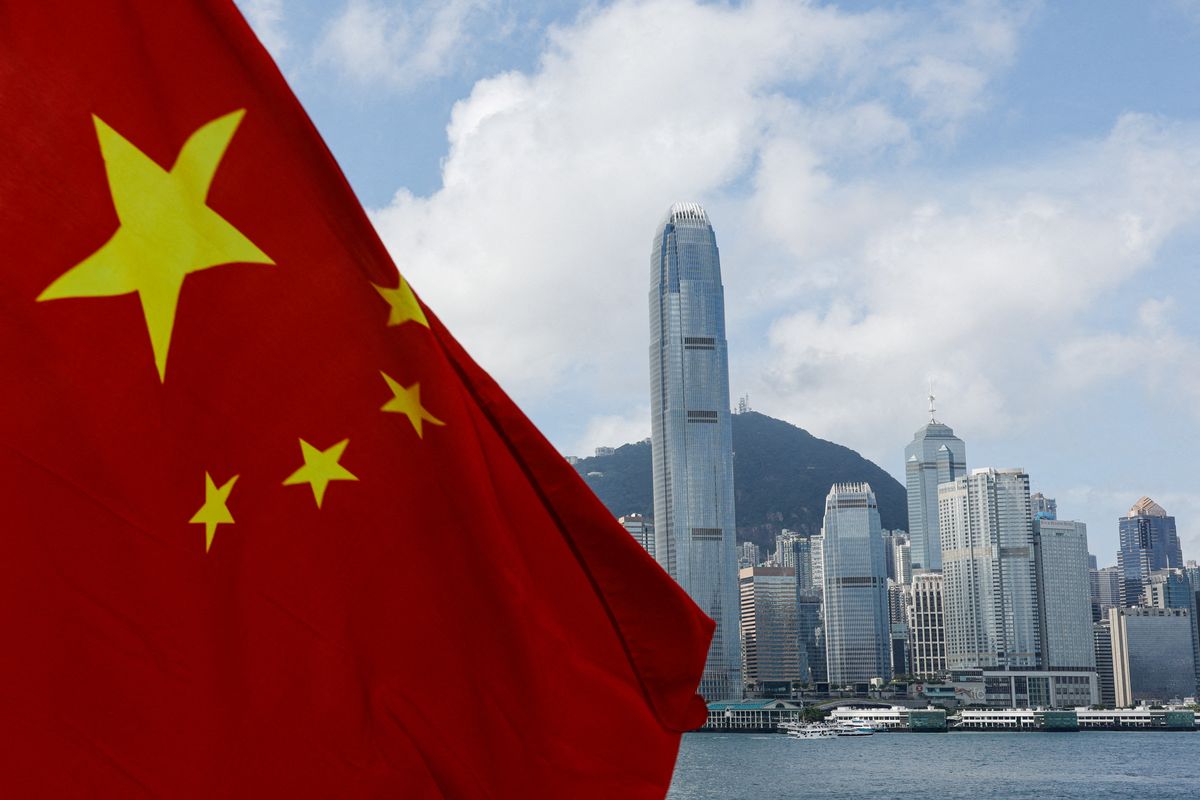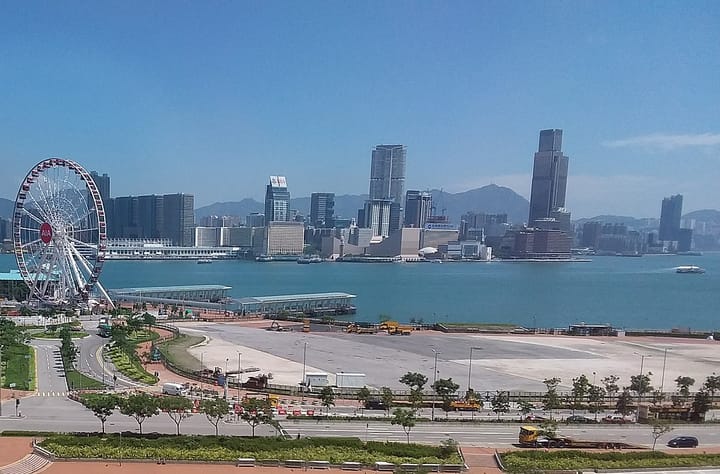Can cross-border services improve Hong Kong’s public health care system?
The idea is that private hospitals like Shenzhen United Family could provide health care support and help alleviate the long waiting times for non-emergency cases in Hong Kong’s public hospitals.

A few minutes every morning is all you need.
Stay up to date on the world's Headlines and Human Stories. It's fun, it's factual, it's fluff-free.
The backstory: Hong Kong's health care system has been grappling with a series of challenges, from long wait times for non-emergency care to overcrowded hospitals. To address these issues, the Hospital Authority in Hong Kong initiated several public-private partnership programs. These programs cover vital medical services like colorectal cancer screening, CAT scans, MRI scans and cataract surgery. The overarching goal is to collaborate and address pressing health care needs.
More recently: Speaking of collabs, the city’s Health Bureau introduced a pilot program in May that allows Hong Kong residents to access subsidized follow-up consultations at the University of Hong Kong-Shenzhen Hospital. The idea was to better understand the habits of Hong Kongers seeking medical attention in mainland China.
Now, let's talk about Shenzhen United Family Hospital. It's strategically located near the Futian station on the high-speed rail link. This hospital has been in operation since last year, offering 350 inpatient beds, 13 operating rooms and 50 specialized medical services. Plus, it has even received a nod from the US-based Joint Commission International, certifying its quality and standards.
The development: Enter Antony Leung Kam-chung, a former finance secretary, with an idea. He’s proposed a potential partnership between Hong Kong's Hospital Authority and Shenzhen United Family Hospital, a private institution co-founded by Leung. The idea is that private hospitals like Shenzhen United Family could provide health care support and help alleviate the long waiting times for non-emergency cases in Hong Kong’s public hospitals.
But before this plan can move forward, some complex policy issues are on the table. While Hong Kong's hospitals charge a nominal fee, the actual cost of medical services is more than they collect. So, the big question is, who should pay for this extra cost? Leung suggests that the Hospital Authority and the government should discuss ways to let patients use special medical vouchers for services in mainland China, pointing out that they are often cheaper than private options in Hong Kong.
Key comments:
“In Hong Kong public hospitals, the waiting time is very long for non-emergency cases. We think since we have the capacity and ability, we can serve the public in the city,” said former financial secretary Antony Leung Kam-chung last week during a meeting with the press.
“The biggest question is who should pay for the services. As for public hospitals, patients only need to pay around HK$100 [US$13]. But the cost for the authority is more than HK$100,” said Leung. “I believe the authority and the government will discuss whether they can adopt some mechanisms or allow patients to use medical vouchers for services at suitable healthcare providers in mainland China.”
“It may also need to figure out how to transfer patient information at public hospitals to the mainland. It will have to look into permits, the format of the transfer and privacy, as well as patient consent so that it’s clear that the transfer is for single use instead of general permission for use anywhere on the mainland,” said Brian Siu Ngai-fong, executive director of New Frontier, to SCMP.
"The subsidy comes with a cap at 2,000 yuan, but most of the times seniors are paying more than this amount for follow-up consultations and body checks at the HKU Shenzhen hospital," said Tsang Chi-man, Federation of Trade Unions' vice-chairwoman in April about expanding the mainland health-care pilot scheme.




Comments ()